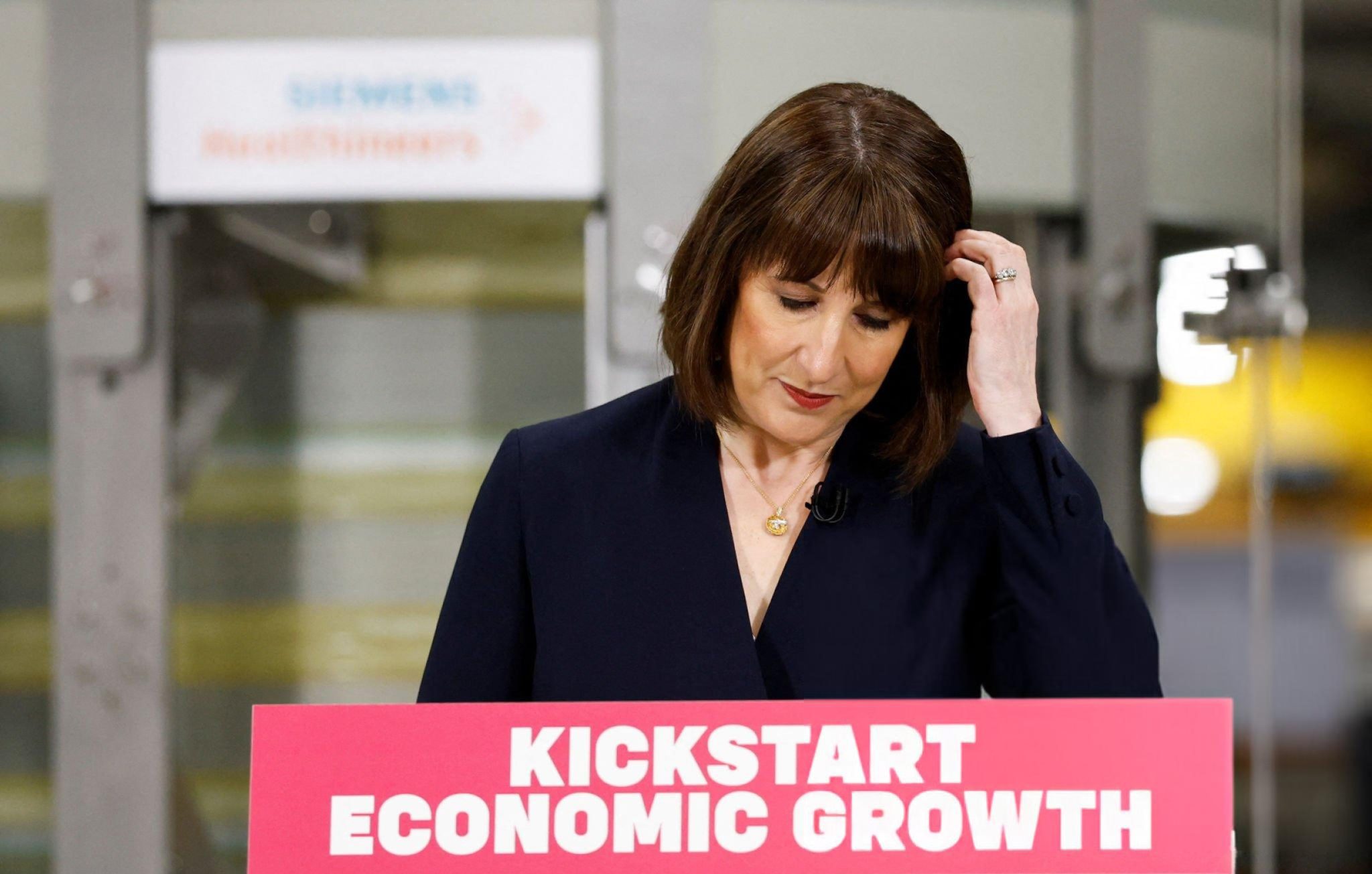Rachel Reeves poised to slash cash ISA limit to just £4,000
Chancellor Rachel Reeves is facing mounting criticism as reports suggest she is preparing to slash the annual Cash ISA limit from £20,000 to just £4,000 in a drastic move set to take effect from 6 April. The measure, reportedly being pushed by major city fund managers, is expected to be confirmed in her spring statement on 26 march.
The Cash ISA scheme, which allows savers to earn tax-free interest on their deposits, has long been a popular choice, particularly among pensioners who rely on these savings to supplement their state pension. Currently, Britons can invest up to £20,000 each year in either a Cash ISA or a Stocks and Shares ISA, splitting their funds as they see fit. However, with more than half of ISA holders opting for cash over stocks, the proposed reduction could force many into riskier investments.
The role of fund managers
Concerns have been raised over the influence of major financial institutions, with reports indicating that Reeves has been lobbied by firms such as fidelity and phoenix in a series of private meetings. The fund managers are said to be pushing for the cut to boost investment in Stocks and Shares ISAs, which would channel more money into the stock market. Fidelity, for example, runs a wide range of investment funds and operates an online platform specifically tailored for Stocks and Shares ISAs.
Financial analysts argue that shares have historically outperformed cash over the long term, making Stocks and Shares ISAs a more lucrative option for growth. However, investment risk is a deeply personal matter, and many savers – particularly pensioners – prefer the security of guaranteed returns over the volatility of the stock market.
Impact on pensioners and savers
For elderly savers, the move could be particularly damaging. Many pensioners keep their savings in Cash ISAs to avoid the risks associated with market fluctuations. A stock market downturn could significantly deplete their capital and reduce their ability to draw a steady income, making the Cash ISA a safer and more reliable option.
The proposed changes would leave those reliant on tax-free interest with significantly fewer options. With the annual limit reduced to £4,000, individuals looking to shield their savings from tax may be left with little choice but to consider investing in stocks – a prospect that may not be suitable or desirable for everyone.
Will the UK benefit?
One of the key justifications for the proposed cut is the idea that funnelling more money into Stocks and Shares ISAs will boost the UK economy. However, data suggests that this may not be the case. Many of the most popular investment funds track international markets rather than the FTSE 100. For instance, Fidelity’s World Index fund allocates more than half of its investments to the US stock market, with only 4% dedicated to UK shares.
If Reeves bows to pressure from fund managers, she risks strengthening Wall Street while providing little benefit to British businesses or economic growth. Critics argue that this would make the Chancellor appear weak and susceptible to influence, rather than acting in the best interests of UK savers.
What should savers do?
For those looking to make the most of their tax-free savings, the advice is clear: max out this year’s £20,000 Cash ISA allowance before any cuts come into effect. With the proposed reduction looming, this could be the last opportunity for many to safeguard a significant portion of their savings from taxation.
Ultimately, the decision to invest in cash or stocks should remain in the hands of savers. Forcing individuals into riskier investments through policy changes could have lasting repercussions, particularly for those who can least afford to take such risks. The coming weeks will reveal whether Reeves sticks to her plan or reconsiders in the face of mounting public backlash.






